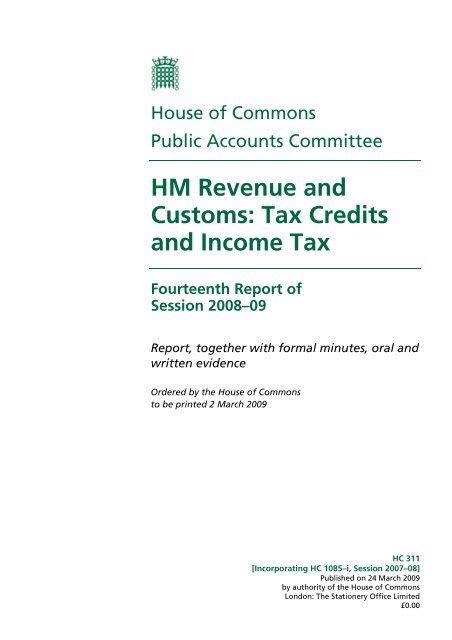In today’s economic landscape, every penny counts. Businesses and individuals alike are continuously searching for innovative ways to ease financial burdens and maximize savings. One often-overlooked avenue is the potential for tax rebates through Revenue and Customs. This comprehensive guide will introduce you to the world of tax rebates, how they work, and how you can unlock them for your financial benefit.
What are Tax Rebates?
Tax rebates are refunds provided by the government to individuals or businesses that have overpaid their taxes. They can arise from various circumstances, such as changes in tax laws, eligibility for certain deductions, or claims for tax credits. Understanding the nuances of tax rebates can help you navigate the financial tides with greater ease.
Who Qualifies for Tax Rebates?
Eligibility for tax rebates varies based on numerous factors, including:
- Individual Taxpayers: Earnings below a certain threshold, claiming expenses like home office deductions, charitable contributions, and tax credits can qualify you for refunds.
- Businesses: Companies that have made significant investments or incurred specific costs in R&D may be eligible. Additionally, any business that has overpaid VAT might also claim rebates.
- Specific Circumstances: Taxpayers who have experienced changes in their personal circumstances, such as marriage, divorce, or the birth of a child, might also qualify for rebates.
The Types of Tax Rebates
Tax rebates typically fall into several categories:
- Income Tax Rebates: If you’ve overpaid your income tax, you might be eligible for a rebate. This can happen if you’ve changed jobs or have had fluctuating earnings throughout the year.
- VAT Rebates: Businesses often find themselves eligible for VAT rebates, particularly if they export goods or services, or if they have made significant investments.
- Tax Credits: Credits such as those for education, childcare, and other qualifying expenses can significantly offset tax bills, resulting in rebates if the credits exceed the tax due.
How to Claim a Tax Rebate
Claiming a tax rebate can be a straightforward process if approached methodically:
- Gather Documentation: Collect all necessary documents, including income statements, receipts for deductions, and any other relevant paperwork.
- Complete the Tax Forms: Depending on your location, this could include specific forms designed for claiming rebates and tax credits. Use professional tax software or consult with a tax advisor if necessary.
- Submit Your Claim: Ensure that you submit your claim before any deadlines to avoid losing out on potential savings.
- Follow-Up: After submission, it may take some time to process. Keep track of your claim’s status and be prepared to provide additional information if requested.
Common Pitfalls to Avoid
While claiming tax rebates might seem simple, several pitfalls can hinder your success:
- Poor Record Keeping: Inadequate documentation can delay or deny your rebate.
- Missing Deadlines: Familiarize yourself with the deadlines for submitting rebate claims to avoid disappointment.
- Incorrect Claims: Misunderstanding eligibility can lead to submitting false claims, resulting in penalties.
Conclusion
Unlocking savings through Revenue and Customs tax rebates is a powerful tool in navigating your financial landscape. By understanding the types of rebates available, knowing who qualifies, and following the correct claiming procedures, you can optimize your taxes and secure essential funds for future investments or personal desires. Ensuring accurate records, timely submissions, and knowledge of potential pitfalls will significantly enhance your chances of success. Take the time to explore these opportunities—your financial future could benefit tremendously.
FAQs
- What is the difference between a tax rebate and a tax refund?
- A tax rebate is often linked to claims for overpayment, tax credits, or deductions, whereas a tax refund typically refers to the return of taxes you have overpaid during the year.
- How long does it take to receive a tax rebate?
- The time it takes can vary depending on your location and the specifics of your claim. It generally ranges from a few weeks to several months.
- Can I claim a rebate for previous years?
- Yes, in many cases, you can file claims for previous years, usually within a set time limit defined by Revenue and Customs.
- Do I need a tax advisor to help me claim rebates?
- While it is not mandatory, consulting a tax advisor can provide insights and ensure that you maximize your claims while adhering to tax laws.
- What should I do if my rebate claim is denied?
- If your claim is denied, you have the right to appeal. Ensure you understand the reasons for denial and gather any additional documentation needed to support your appeal.
This format is structured in HTML as requested, complete with sections and an FAQ section for clarity. Each part is organized with headings, lists, and paragraphs to enhance readability.
Download Revenue And Customs Tax Rebate
